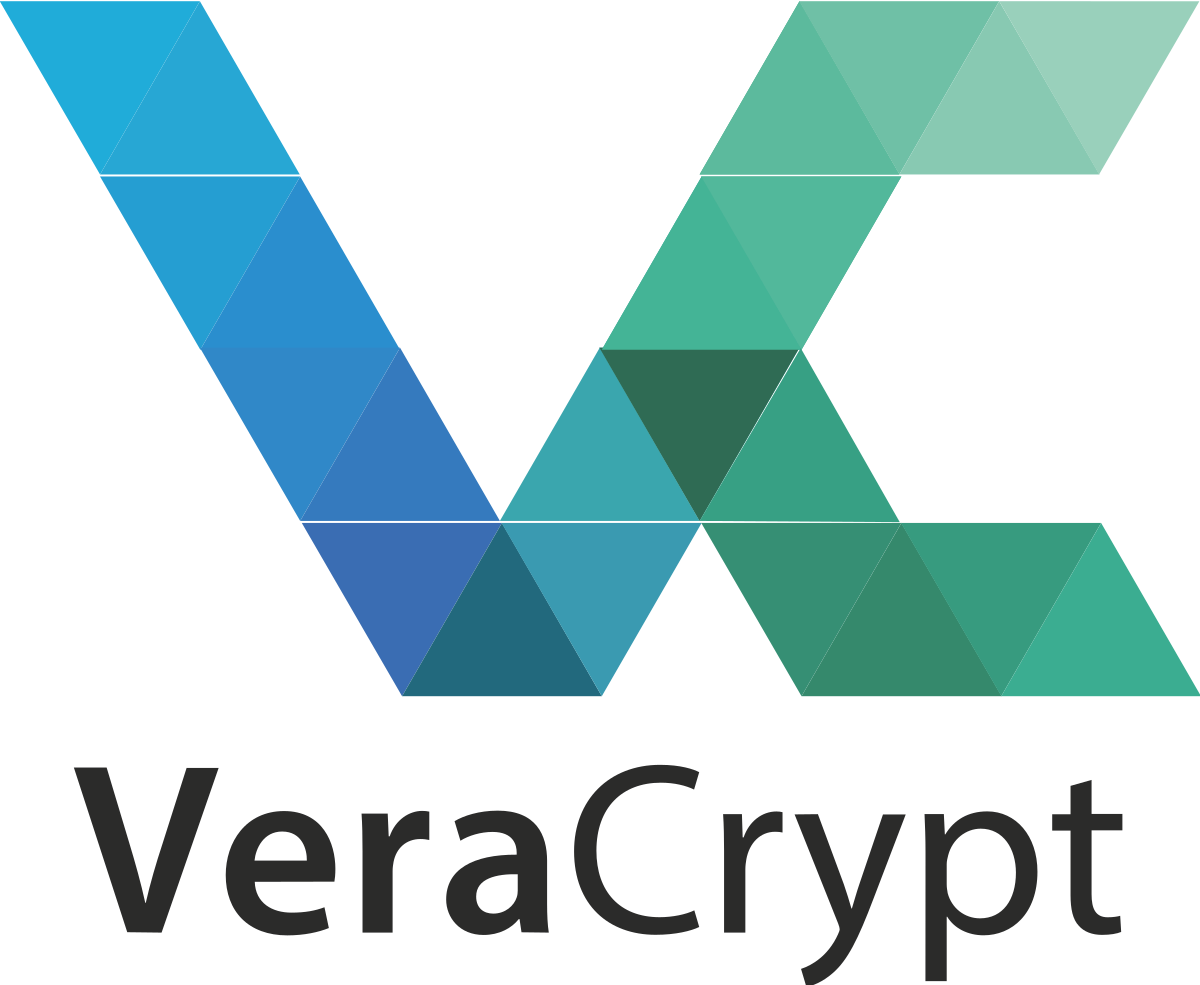VeraCrypt is a free, open-source disk encryption software that empowers you to safeguard your sensitive information. Built upon the legacy of TrueCrypt, VeraCrypt offers robust encryption capabilities, making it a popular choice for individuals and organizations seeking to protect their data from unauthorized access. Its intuitive interface and comprehensive features make it accessible to both tech-savvy users and those new to encryption.
Table of Contents
VeraCrypt’s encryption algorithms, such as AES, Serpent, and Twofish, ensure that your data remains protected even against sophisticated attacks. The software also supports various volume types, including standard, hidden, and system volumes, allowing you to customize your encryption strategy based on your specific needs. Whether you’re protecting confidential business data, securing personal files, or encrypting entire hard drives, VeraCrypt provides a reliable and secure solution.
VeraCrypt vs. Other Solutions
VeraCrypt is a free and open-source disk encryption software that offers robust security features and is widely regarded as a reliable solution for protecting sensitive data. However, it is not the only encryption tool available, and choosing the best solution depends on specific needs and requirements. This section compares VeraCrypt with other popular encryption solutions like BitLocker, LUKS, and TrueCrypt, highlighting their advantages and disadvantages in terms of features, security, and usability.
Comparison with Other Encryption Solutions
The following table summarizes the key features and differences between VeraCrypt and other encryption solutions:
| Feature | VeraCrypt | BitLocker | LUKS | TrueCrypt |
|---|---|---|---|---|
| Platform Support | Windows, macOS, Linux | Windows | Linux, macOS, BSD | Windows, macOS, Linux |
| Encryption Algorithms | AES-256, Serpent, Twofish | AES-128, AES-256 | AES-256, Serpent, Twofish | AES-256, Serpent, Twofish |
| Hashing Algorithms | SHA-512, RIPEMD-160 | SHA-256 | SHA-512, SHA-256 | SHA-512, RIPEMD-160 |
| Open Source | Yes | No | Yes | No (but source code is available) |
| Development Status | Active | Active | Active | Discontinued (but still widely used) |
| Usability | User-friendly interface | Integrated into Windows | Command-line based | User-friendly interface |
| Security | Highly secure, audited by security researchers | Secure, but vulnerabilities have been discovered in the past | Secure, but implementation can vary | Secure, but security concerns have been raised |
Advantages and Disadvantages of Each Solution
The choice of encryption solution depends on specific needs and requirements. Here is a breakdown of the advantages and disadvantages of each solution:
VeraCrypt
Advantages
- Strong encryption algorithms and hashing algorithms.
- Open-source and audited by security researchers, providing greater transparency and trust.
- Cross-platform compatibility, supporting Windows, macOS, and Linux.
- User-friendly interface, making it easy to use for both technical and non-technical users.
Disadvantages
- May require more technical knowledge to configure advanced settings.
BitLocker
Advantages
Disadvantages
LUKS
Advantages
Disadvantages
TrueCrypt
Advantages
Disadvantages
Recommendations, Veracrypt
The best encryption solution depends on specific needs and requirements. Here are some recommendations:
- For general users seeking a user-friendly and secure solution, VeraCrypt is a strong choice. It offers a good balance of security, usability, and cross-platform compatibility.
- For Windows users who need a readily available and integrated solution, BitLocker is a good option. However, it is limited to Windows and lacks the transparency of open-source solutions.
- For Linux users who require a flexible and customizable solution, LUKS is a suitable choice. However, it requires command-line interaction and can be more complex to configure.
- While TrueCrypt is still widely used, its discontinued development raises concerns about security updates and future support. It is not recommended for new installations.
Conclusive Thoughts: Veracrypt

In an increasingly digital world, protecting your data is paramount. VeraCrypt emerges as a powerful tool for achieving this goal, offering a comprehensive suite of encryption features that cater to diverse needs. Its robust security, user-friendly interface, and ongoing development ensure that your data remains protected against evolving threats. Whether you’re a tech enthusiast or simply seeking peace of mind, VeraCrypt provides a reliable and secure solution for safeguarding your valuable information.
VeraCrypt is a powerful encryption tool that can secure sensitive data on your computer. It’s particularly useful for protecting sensitive information, like financial records or personal files. Imagine using VeraCrypt to encrypt a database for a library management system , ensuring the privacy and security of patron records and book inventory.
While VeraCrypt is not specifically designed for library management, its robust encryption capabilities can be a valuable asset in any system that handles sensitive information.
